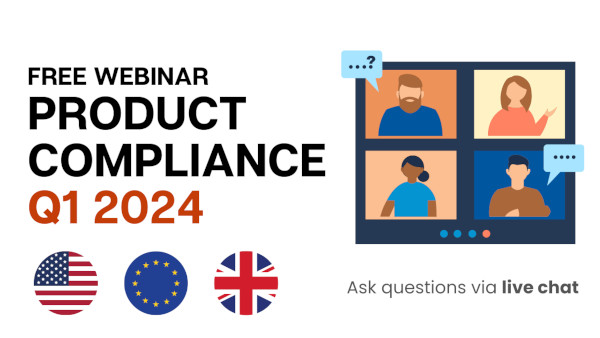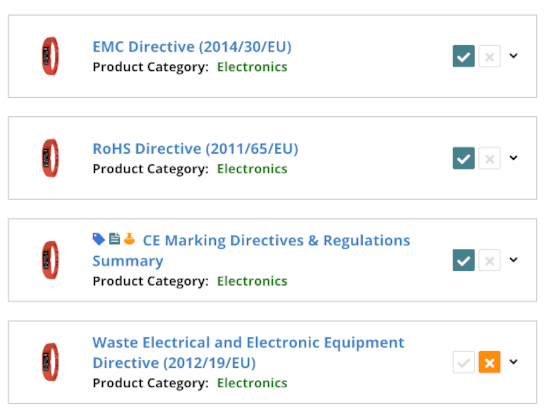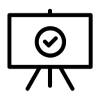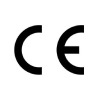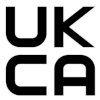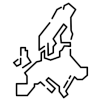Find US and EU Compliance Requirements for Your Products
-
Generate product requirements lists
-
Create mandatory certificates and labels
-
Get your products lab tested

Affordable: Get access from only $179 per year

User friendly: Created for non-experts and busy professionals

Save hours: Find product requirements in 2 min instead of 5 hours
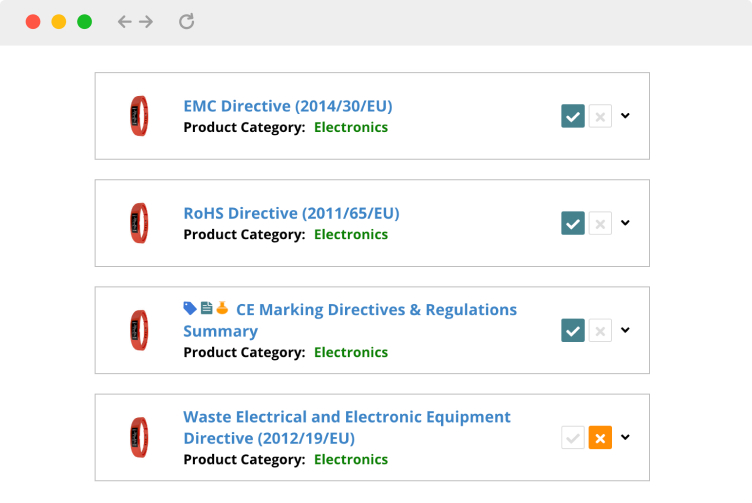
Step 1: Create Compliance Requirements Lists (US & EU)
Specify the country/market, select product categories, and set the parameters to generate a requirements list covering the following:
- Product regulations
- Certification requirements
- Labeling requirements
- Lab testing requirements
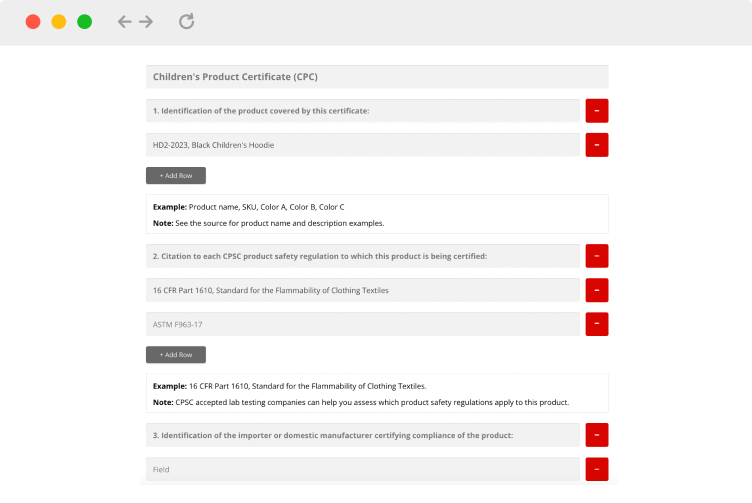
Step 2: Create Product Certificates
Access a library of templates to create mandatory product certificates and declarations.
- Product Certificates (US)
- Declaration of Conformity (EU)
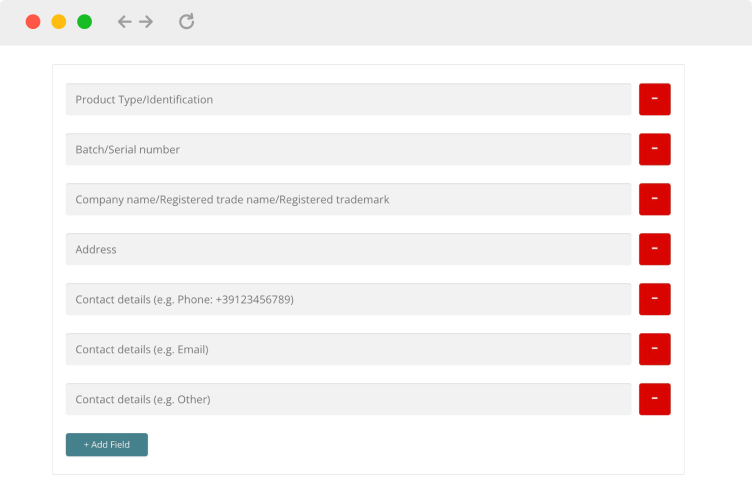
Step 3: Create Label Files
Access a library of templates to create mandatory product and packaging labels.
- Product marks/labels (US & EU)
- Packaging marks/labels (US & EU)
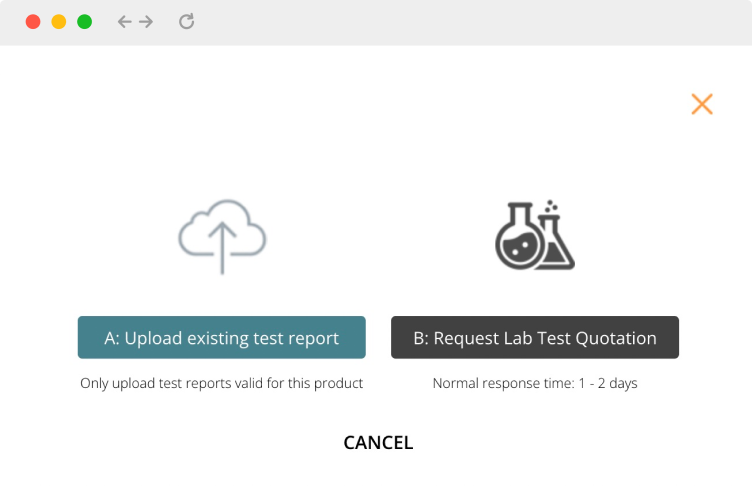
Step 4: Book Lab Testing
Request lab testing quotations and get help to submit samples. You can also upload your test reports.
- Get a quote in 24 hours
- Dedicated lab manager
- Covers EU, US, UK & more
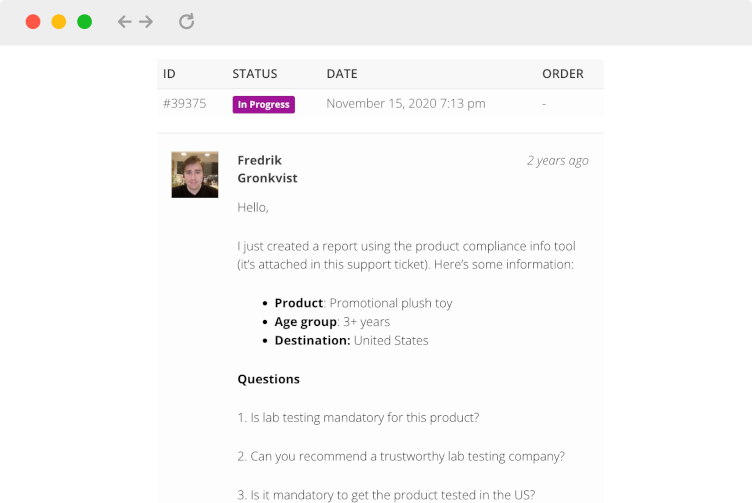
Support Tickets: When you need guidance from our team
Our support team is available Monday to Friday and ready to help with the following:
- General compliance questions
- Review certificate files
- Review label files
- Help you book lab testing
Other Features

AI tool
Ask questions and receive AI generated responses – based on the regulatory text – in real time.

Monthly updates
You will receive a monthly report with compliance updates in the EU and US.

Academy
Basic and advanced tutorials on a wide range of product compliance topics.
Product/Module Examples
Below are some examples of product categories and modules the platform covers. Note that both the US and EU are covered unless otherwise is indicated.
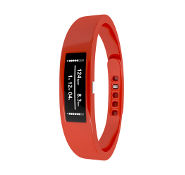
Electronics

Toys
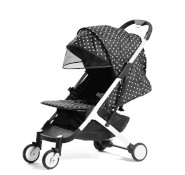
Children’s Products (non-toys)
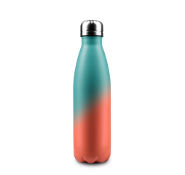
Food Contact Materials

Fitness

Pet Products
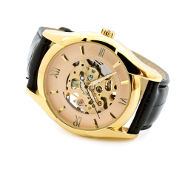
Watches

Product Packaging

Clothing

Hats
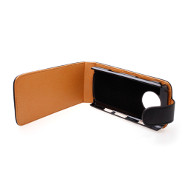
Accessories

Bags

Jewelry
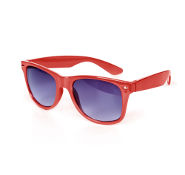
Eyewear (PPE)

Furniture
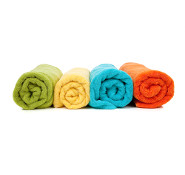
Home Textiles
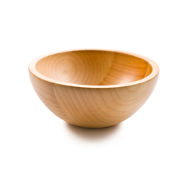
Wood/Bamboo

Plastics
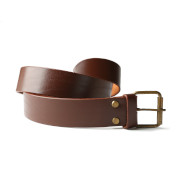
Leather
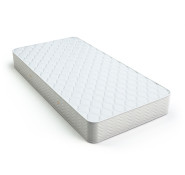
Mattresses

Candles
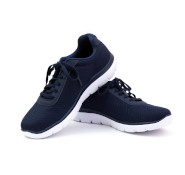
Footwear
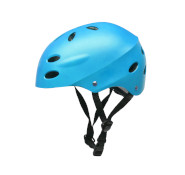
PPE (EU)
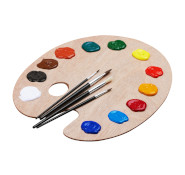
Art Materials (US)
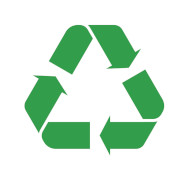
Environmental Claims (US)
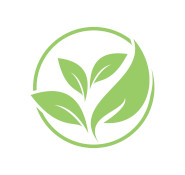
Ecolabel (EU)
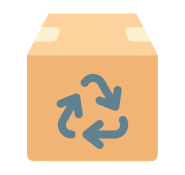
EPR (EU)
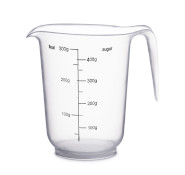
Measuring Instruments (EU)

Batteries
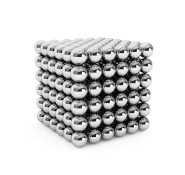
Magnets (US)
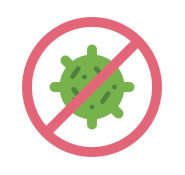
Biocides (EU)

Pesticides (US)
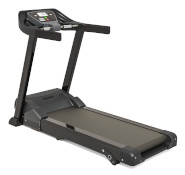
Machinery (EU)
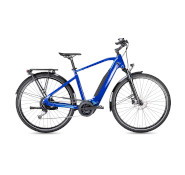
E-bikes/E-scooters (EU)
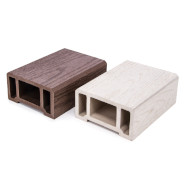
Construction Products (EU)

Cosmetic Products (EU)
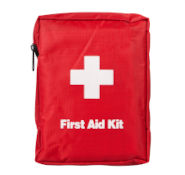
Medical Devices (EU)
Can’t find your product?
The Compliance Gate Platform can be applied to most consumer products, even if not mentioned above. However, the platform does not cover food and beverage, and chemicals/mixtures/liquids.
Use Cases
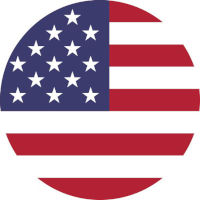
Sell in the US
The platform covers a wide range of compliance requirements in the United States
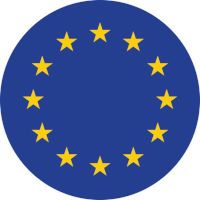
Sell in the EU
The platform covers a wide range of compliance requirements in the European Union

Amazon Sellers
The platform was built specifically with Amazon sellers and other e-commerce companies in mind

Retailers & Brands
Compliance Gate is used by some of the world’s leading retailers and consumer brands

Importers
Compliance Gate can help you reduce the risk of compliance related issues when importing goods

Manufacturers
We work with export manufacturers in Europe, China, Vietnam, India & the Americas
Are you based in the UK?

We currently do not actively monitor compliance updates in the United Kingdom, but we have UK customers that use the platform of the following purposes:
-
Overview
-
Subscription
-
Main Features
-
Compliance Requirements List (Info)
+ Identify requirements in 2 minutes
+ European Union & United States
-
Create Product Certificates (Info)
+ European Union & United States
-
Create Product Labels (Info)
+ European Union & United States
-
Book Lab Testing (Info)
+ EU, US & UK
-
Other Features
-
Monthly Compliance Updates (Info)
-
Self-Managed
All platform features,
but no support included
-
$179
12 Months Acccess
-
Subscription
12 Months
-
Support Tickets (Info)
Ask questions to our team
-
AI Tool (Info)
Beta Version
-
Compliance Requirements List (Info)
-
Create Product Certificates (Info)
-
Create Product Labels (Info)
-
Book Lab Testing (Info)
Secure Payment Methods

Disclaimers
The following text is a disclaimer. You are required to read the entirety of the Terms of Service.
Compliance Requirements List Disclaimer: The content in the Compliance Gate Platform and documents generated through said software are provided for general information purposes only and does not constitute legal advice.
1. We do not claim to provide complete coverage of every single relevant regulation, standard, and requirement that may apply to a certain product or scenario. We only cover the regulations in this document.
2. The requirements lists contain summaries of regulations and other compliance requirements. We do not claim that the summary covers the regulation/requirement in its entirety or every single rule, option, exemption or other information that may be applicable to a certain product or scenario, or that the information provided is free from errors. However, we do provide links to sources where you can find more information.
Templates Disclaimer: The certificate and label file templates are based on official sources, which we link to. We cannot guarantee that the templates are error free or that the templates are sufficient for every single product specification, case or scenario.
Do not assume that the templates cover all documents/certificates and labels that may be required for a certain product. Additional requirements may have been added which renders a template outdated. Thus, you should always compare the template to the provided source link before you download.
Updates: We review a set of official EU and US sources (see Monthly Review Methodology) to monitor new and updated regulations and standards on a monthly basis. We send a report each month summarizing our findings and specify if we deem it necessary to update the platform.
1. We do not guarantee that all updates are made in real-time. There can be a delay from the implementation of new requirements until we have updated the platform.
2. We do not guarantee that we ‘catch’ every single new or updated compliance requirement.
Other Information
1. The platform does not generally cover European national and US state standards and regulations.
2. Technical problems can occur when saving or downloading documents generated when creating requirements lists or using the templates due to extenuating circumstances like software bugs or due to internet connectivity issues. This can result in the downloaded document being incomplete or otherwise incorrect.
Product Tour Video

Which regulations and directives are covered?
You can find a list of covered regulations/directives/rules and certificate/label templates in this document. We only cover regulations/directives/rules and certificate/label templates listed in the document, and only within the defined scope.

Which sources do you use?
Compliance Requirements List: We use official sources, such as ec.europa.eu, to write the summaries that appear in the lists. The list also includes links to all sources.
Templates: All templates are created entirely based on the relevant legislation (i.e., ANNEX VI in Directive 2011/65/EU) or samples provided by official sources (i.e., CPC sample provided by the CPSC). Our methodology and sources can be accessed from each template.
Source link monitoring: You can find information about how we monitor source links in this document.

How do you keep the information up to date?
We review official sources on a monthly basis, to help us determine if we need to update the compliance requirements list database or the templates. We send a monthly report to all active subscribers. Learn more in the Monthly Review Methodology document.

How do you protect our data?
1. The website is hosted by a company that specializes in ‘secure hosting’.
+ Security firewall (WAF)
+ Protection from malicious traffic
+ Threat detection & blocking
+ Daily backups
2. Uploaded files (limited to lab test reports), product images, label or document files created using the templates are hosted by Amazon AWS (Two-factor factor authentication protected).
3. We use an SSL certificate to protect your data, for instance when you upload files from your browser to our website.

Compliance Gate AI Tool
The AI tool creates an output by searching the relevant parts of a directive or regulation, and then generating a response using a probabilistic Large Language Model (LLM). You must read the White Paper to better understand the functionality and limitations of the AI tool before use.

What can we expect from the support?
We can answer general questions about the information in the compliance requirements lists, and the practical aspects of the process. We can also help you fill templates, or review files created using the templates. We can also help you book third-party lab testing.
However, we cannot make our own interpretations, provide legal advice or approve/confirm products as fully compliant.

What qualifications do you have?
Our background is primarily in product development and manufacturing in Asia. You can learn more about the team members on the About us page.
Core Team

Fredrik Gronkvist (Product), has a background in manufacturing and quality assurance. He created the concept for Compliance Gate in 2019.

Ivan Malloci (Technology), holds a Ph.D. degree, and was a researcher at Zhejiang University. He operates the platform, together with our web developers.

John Vinod Khiatani (Research) holds a PCLL and Juris Doctor in Law (Hong Kong) and a Masters of Finance from Curtin University.

Yvette Shen (Content) graduated with a BA in Psychology from Menlo College and previously worked as writer for startups in the AI tech industry.
Frequently Asked Questions
Compliance Gate Platform
How can I use the Compliance Gate Platform?
The Compliance Gate Platform includes the following features:
- Create compliance requirements lists
- Create product certificates/declarations
- Create label files
- Read tutorials
- Book lab testing
- Upload lab test reports
- Request online support
Product Database
- Self-Managed: 50
- Standard: 200
- Premium: 500
- Enterprise: 2000
Usage rights
- Self-Managed: Your organisation
- Standard: Your organisation
- Premium: Your organisation
- Enterprise: Your organisation / Third parties (Info)
Compliance Requirements List
What is the purpose of a compliance requirements list?
The purpose of a compliance requirements list is to better help you find information about compliance requirements. The list is generated based on the following parameters:
- Country/market
- Product category
- Product parameters (e.g. materials)
A compliance requirements list includes brief summaries about various compliance requirements (e.g. certification and labeling requirements) and links to sources for further reading. It also gathers information from many different sources that are otherwise time-consuming to find.
It serves as a first step towards navigating compliance requirements for a certain product – but this does not mean that a compliance requirements list will “certify” or “make” your product compliant. This is further explained in this FAQ.
Do the summaries include all relevant information about the regulation?
We do not claim to include every single aspect, rule or scenario that may be covered by the regulation as a whole. The purpose of the summaries are to convey a general sense of the broader requirements. That being said, creating a requirements list is only the first step to understanding applicable compliance requirements for a certain product.
Which regulations/directives/rules are covered by the compliance requirements lists?
You can find a list in this document.
Do you cover all regulations and other compliance requirements for the listed product categories?
We do not claim to provide complete coverage of every single relevant regulation, standard, and requirement that may apply to a certain product or scenario. We only cover the regulations in this document.
What are some examples regulations/directives/rules not covered?
We don’t cover any regulation/directive/rule related to the following products:
- Supplements
- Drugs
- Food and beverage
- Chemicals/mixtures/liquids*
- Vehicles
*The platform only covers REACH and other substance regulations applicable to finished products.
The list above is non-exhaustive and only meant to provide examples of products not covered by the Compliance Gate Platform.
Do you provide sources?
1. We provide source links under Sources for each entry. We also provide links inside information boxes.
2. We select sources based on perceived relevancy. We usually link to official government web pages relevant to the entry.
Removed pages
Web pages can sometimes be removed, in which case the source link under Sources is broken.
Redirected pages
Web pages can sometimes be redirected, in which case the source link under Sources is functional, but redirects to another URL. In some cases, the content is still the same or similar. However, in some cases, the URL is redirected to a page that is not relevant to the entry.
Source link monitoring
1. All source links that can be found inside compliance requirements list entries and templates are listed in a spreadsheet.
2. A copy of the spreadsheet is uploaded on a separate mirror website.
3. The links are scanned by a plugin titled “Broken Link Checker”. This plugin provides a list of:
- 404: Broken URLs (page removed)
- 301/302: Redirected URLs
4. We take the following action in case any of the above is detected:
- 404: We replace the source link
- 301/302: We assess if the new page is relevant*
*If yes, then we update to the current (redirected) source link. If not, then we replace the source link.
5. There are some scenarios in which a missing, incorrect, or irrelevant source link could be present in the compliance requirements list entries or templates:
- Plugin fails to detect 404/301/302
- Content changed on page (but no 404/301/302)
There is also a risk of human error, resulting in missing, incorrect, or irrelevant source links not being replaced.
How should we use a compliance requirements list?
Creating a compliance requirements list serves as a first step towards researching compliance requirements for a certain product and its parameters. This is an example of how a process can work:
1. Create a compliance requirements list
2. Carefully read the resources provided under Sources for each topic
3. Send a support ticket in case you have further questions
4. Request a lab test quotation (to confirm specific tests/standards and other requirements not covered by the list)
5. Contact the relevant consumer safety/market surveillance/other authorities to confirm additional requirements (if any)
6. Create certificates and label files
Creating a compliance requirements list for the initial step of the process will likely save you many hours. Still, we strongly emphasize that the list is only a first step and requires that you take further action.
How is a compliance requirements list structured?
A compliance requirements list is generated based on your inputs. This is how the information in the list is structured:
a. Country/Market: Generates compliance requirements that are broadly relevant to products belonging to your selected product category. Note that this is a general summary and there are exceptions.
b. Module/Product: Generates compliance requirements that are broadly relevant to modules/products belonging to your selected product category. Note that this is a general summary and there are exceptions.
c. Specifications: Specify materials, age group, and other options that may impact the compliance requirements that are relevant. These input options differ depending on the selected product category. Keep in mind that we never guarantee that we cover every single input option that may be relevant to all products that fall within the scope of each product category.
Do you guarantee that my products become compliant and safe if I use a compliance requirements list?
No, a compliance requirements list itself does not make your product become compliant. It serves as a starting point and provides a general direction for further research and action. However, a list doesn’t serve as a “confirmation” of compliance requirements to a specific product or country.
You may still need to take the following steps:
1. Contact the relevant authorities (including national and/or state level authorities) to research if any other product regulations, standards, or requirements are relevant to your product (e.g. not mentioned in the list).
2. Book third-party lab testing
3. Research relevant product standards and ensure that your product designs are compliant
4. Create label files and documentation
5. Apply for pre-import approvals and/or permits
6. Assess your suppliers’ ability to manufacture compliant products
Note: We recommend that you consult a lab testing company to get the latest information about mandatory standards/regulations in your market, country, or state. Lab testing companies generally stay up to date on new and updated standards and regulations.
Do you guarantee that the information in the compliance requirements list databank is accurate, complete, and free of error?
The requirements lists contain summaries of regulations and other compliance requirements. We do not claim that the summary covers every single rule, option, exemption or other information that may be applicable to a certain product or scenario, or that the information provided is free from errors. However, we do provide links to sources where you can find more information.
How do you gather the information provided in the compliance requirements list databank?
We conduct online research, primarily through official government websites. We use this information to write brief summaries. These are also provided as sources and recommended reading in the list.
Do you keep the compliance requirements list databank up to date?
We review a set of official EU and US sources (see Monthly Review Methodology) to monitor new and updated regulations and standards on a monthly basis. We send a report each month summarizing our findings and specify if we deem it necessary to update the platform.
1. We do not guarantee that all updates are made in real-time. There can be a delay from the implementation of new requirements until we have updated the platform.
2. We do not guarantee that we ‘catch’ every single new or updated compliance requirement.
Does a compliance requirements list help me research relevant standards?
No, the compliance requirements lists do not cover product standards (e.g EN 71-3 or ASTM F963-17). We recommend that you let a third-party testing company assess relevant product standards on a case-to-case basis. Keep in mind that product standards are subject to change, and new may be added. Third-party testing companies generally stay up to date with new and updated standards.
Further, the compliance requirements lists do not cover warning labels and other information that can sometimes only be found in the relevant standards. Hence, you will likely need to buy a copy of the applicable standards to study these further.
Do you cover European national regulations/standards and US state level regulations/standards?
With a few exceptions, we do not cover European national regulations/standards and US state level regulations/standards. Further, EU directives and regulations can be adopted and enforced differently in individual member states.
Can I still access my compliance requirements lists after my subscription expires?
No, you cannot create new compliance requirements lists or access the one that you have already created, once the subscription expires. In order to get access to the lists again, you will need to extend your subscription.
You can still download a copy of the lists that you created, in PDF format. We recommend that you download all your lists, in PDF format, before expiry, in case you decide to not extend your subscription.
Templates
Which templates are included?
You can find a list of templates on these pages:
Do you guarantee that the certificate or label file templates are correct?
The certificate and label file templates are based on official sources, which we link to. We cannot guarantee that the templates are error free or that the templates are sufficient for every single product specification, case or scenario.
1. Additional requirements may have been added which renders a template outdated.
2. Always compare the template to the provided source link before you download.
3. Do not assume that the templates cover all documents/certificates and labels that may be required for a certain product.
Can I still access the templates after my subscription expires?
No, you cannot access the templates after the subscription expires. We strongly recommend that you download all files from your account before expiry – In case you don’t intend to renew your subscription, and as a protective measure in case of data loss.
Usage Rights
The Compliance Gate Platform can either be used for your own organization, or on behalf of the customers of your organisation.
Your organisation (Standard)
1. This means that you can only use the Compliance Gate Platform to create requirements lists, certificates, label files, and request support for your own company.
2. This is suitable for most brands, manufacturers, importers, and e-commerce companies using the platform for their own products.
Third-parties (Expanded)
1. You can use the Compliance Gate Platform to create the following on behalf of your customers:
- Requirements lists
- Certificates
- Labels
2. You can use the Compliance Gate Platform to support paid consulting work or support requests from your customers. Examples include:
a. Freight forwarders that need to identify requirements for their customers
b. Consultants that need to create requirements lists, certificates, and/or label files as part of a project
3. However, the following usage is prohibited:
- Selling individual requirements lists
- Selling individual certificates or certificate templates
- Selling individual label files or label templates
- Selling account access to individual users
4. It is important that you inform your customers that our requirements list doesn’t necessarily cover all applicable regulations/directives/rules for a certain product. Further, your customers should carefully read the important information section in the PDF version of the requirements list to better understand its limitations.
Security and Data Backups
How do you protect our data?
1. The website is hosted by a company that specializes in ‘secure hosting’.
- Security firewall (WAF)
- Protection from malicious traffic
- Threat detection & blocking
- Daily backups
2. Uploaded files (limited to lab test reports), product images, label or document files created using the templates are hosted by Amazon AWS (Two-factor factor authentication protected).
3. We use an SSL certificate to protect your data, for instance when you upload files from your browser to our website.
4. We keep the website updated, in order to provide the latest security enhancements and patches. This includes PHP version, CMS version, third-party software used in the website, and more.
However, there is always a risk that a website is hacked or for other reasons (e.g. updates or coding error) experiences data loss. We therefore strongly recommend that you always maintain backups of all files generated by or uploaded to the Compliance Gate Platform. The Compliance Gate Platform should not be relied upon as a file storage system.
Website Backups
Our hosting company takes a daily backup of the website database and files. Each backup is available for 30 days.
We download a backup from the server every week and store it on a cloud server. We store weekly backups for a maximum of 365 days, for redundancy purposes.
Amazon S3 Backups
We download a copy of the files uploaded or created by subscribers every week and store it on a cloud server. We store this data for a maximum of 30 days.
Data Management
On this page you can find information about:
a. How to remove your product data
b. What data do we keep and what data you can access once your subscription expires
c. How to terminate your account
d. What data do we backup, and for how long do we keep the data
AI Tool
How should the AI tool be used?
1. The purpose of the AI tool is to help you navigate various compliance related texts.
2. The value lies in its ability to provide somewhat coherent responses to natural language. In other words, you can write questions and receive an “answer” that might be easier to understand compared to the original source texts.
3. All generated outputs must be compared to the source text. You must not only take the selected items into consideration, but the complete source text.
What the AI tool is not
1. The AI tool does not think or have “opinions”. It cannot interpret or understand anything. It generates a response by “guessing” the next word based on mathematical probability. Think of it as a more advanced form of auto complete.
2. The AI tool is not a “truth engine”. It “blindly” generates a response based on the LLM prompt without any fact check. It can also make up false information, which is called hallucination (See LLM output: LLM hallucination).
How do you select sources?
We normally create the collections based on the original regulation or directive text. Here are two examples:
PART 134—COUNTRY OF ORIGIN MARKING
Sometimes we need to include more than one source text in the collection. Further, we may also include official guidance pages and documents in the collection.
Recommended process
Step 1: Write your question
Step 2: Test Narrow, Medium, and Broad to see how the output changes
Step 3: Compare the output to the source items – Does it match or can you find errors?
Step 4: Compare the output to the original source text – Does it match or can you find errors?
Data
1. The AI tool does not operate as an archive or file storage service. You are solely responsible for the backup of generated outputs and other safeguards appropriate for your needs.
2. The AI tool sends the user prompt to an external data processor. Read the Privacy Policy for more details.
Terminology
Source text: Regulation, directive, or other text
Collection: Set of items created based on the source text
Source items or Items: Subsection of the collection, which is based on the source text
LLM: Large Language Model
User prompt: The part of the prompt written by the user (normally a question)
LLM prompt: The complete text (including user prompt, selected source items and static prompt text) sent to the LLM
Output: The “answer” generated by the LLM based on the LLM prompt
Beta Version
This AI tools is work in progress until further notice. We are working to improve the quality and consistency of the outputs. Part of this is due to us optimizing the system, but also because the underlying technology is far from perfect. Such limitations are covered in this document.
Risks Assessment
Detailed information about potential risks and system limitations are detailed under Risk Assessment. It is important that you read this part to better understand the limitations of the AI tool.
Identified Errors
See the error log at the end of this document for more information.
Terms of Services
You can read the complete Terms of Service here.
Support
What kind of support is included?
You can ask general questions about the compliance process. We can also recommend service providers in our network. This includes testing companies and consultants.
- Ask questions about information in generated compliance requirements lists
- Ask questions about the general compliance process (e.g. lab testing and labeling)
- Receive guidance to other official resources (e.g. government websites)
- Request recommendations concerning testing companies, and other service providers
However, we do not offer legal advice, engineering/technical advice, or confirm applicable regulations or standards for specific products. Further, we do not ‘approve’ or ‘confirm’ labels, documents, certificates, or other files – including those generated using the templates.*
*We can review documents and label files issued in the Compliance Gate Platform. However, this means that we compare it to the template fields. We do not and cannot “confirm” or “verify” if the information in the file (e.g. company name or SKU) is correct in itself or generally compliant.
How long does it take to receive a response?
We normally respond within 2 days (Mon – Fri). However, we may need 3 to 5 days to respond to more complex questions.
Support ticket examples
Ask questions related to a single compliance requirements list = 1 ticket
2. Ask questions related to a single document file = 1 ticket
3. Ask questions related to a single label file = 1 ticket
4. Send a list of questions = 1 ticket
5. Request recommendations concerning testing companies or service providers = 1 ticket
How many tickets do you include?
- Self-Managed: None
- Standard: 3 Tickets
- Premium: 15 Tickets
- Enterprise: 20 Tickets
How do you define one support ticket?
1 Ticket = One or more questions related to one topic/product/file.
Can we buy additional support tickets?
Yes, you can buy additional support tickets.
- 5 x support tickets: USD 250
- 10 x support tickets: USD 400
Payments & Subscription
Do I keep my account when the subscription expires?
Your account will be deleted 3 years after your subscription expires, in case you do not renew.
Can I pay with my Visa or MasterCard?
Yes, we offer credit card payments through PayPal or Stripe. Customers based in certain countries may be required to create a PayPal account in order to make a Credit Card transaction. This is free and only takes a moment. You just need to add your email address and agree with the Paypal Terms of Service. With Stripe, you don’t need to create an account.
Can I pay with PayPal?
Yes, you can pay with your balance, bank account, or credit card through PayPal.
Do you offer a safe payment method?
Yes, all payments are processed by PayPal or Stripe, which use an SSL certificate to encrypt your data.
Will my subscription get automatically renewed?
No, starting from 2024-01-15 your card will not be billed automatically on the date of expiration.
Do you have a refund policy?
The subscriber has the right to cancel the purchase up to, but no later than, 14 days from the order date. However, this only applies if the subscriber has not yet logged into the platform and/or used the platform to create compliance requirements lists or templates.
Can I get a partial refund if I cancel my subscription before the expiration date?
No, we don’t offer partial refunds.
Will I receive an invoice for my company?
Yes, it’s delivered together with the payment confirmation email.
Terms of Service and Privacy Policy
Where can I find your Terms of Service?
Follow this link to read our Terms of Service.
Where can I find your Privacy Policy?
Follow this link to read our Privacy Policy.


